Ammonium Phosphate Dibasic
₹0.00 – ₹1,335.00
Ammonium phosphate dibasic is a water-soluble, white crystalline salt used primarily as a fertilizer and a fire retardant. It also finds applications in various industrial processes, including as a food additive and a buffering agent.
Ammonium phosphate dibasic, also known as diammonium phosphate (DAP), is an inorganic compound. It's a widely used fertilizer and has several other industrial applications. Here's a more detailed description:
Chemical and Physical Properties:
- Chemical Formula: (NH₄)₂HPO₄
- Appearance: White crystalline solid.
- Odor: Slight ammonia odor.
- Molar Mass: Approximately 132.06 g/mol.
- Solubility: Highly soluble in water.
- pH: Aqueous solutions are slightly alkaline.
- Thermal Decomposition: Decomposes upon heating, releasing ammonia.
Applications and Uses:
- Fertilizer:
- DAP is a primary source of phosphorus and nitrogen in fertilizers, making it crucial for agriculture.
- It promotes root development and overall plant growth.
- Fire Retardant:
- It is used as a fire retardant in various materials due to its ability to release non-combustible gases upon heating.
- Food Additive:
- It is used as a leavening agent and a nutrient supplement in food processing.
- Industrial Applications:
- It is used in various industrial processes, including metal finishing, soldering, and as a buffering agent.
- It is used in some yeast growth applications.
- pH Buffer:
- Due to its ability to act as a buffer, it is used in some laboratory applications.
Safety Considerations:
- Irritant:
- It can cause irritation to the skin, eyes, and respiratory tract.
- Environmental Impact:
- Excessive use as a fertilizer can contribute to water pollution, particularly eutrophication.
- Handling:
- It is essential to handle this chemical with care, using appropriate protective equipment.
- Avoid inhalation of dust.
Key Points:
- Ammonium phosphate dibasic is a versatile compound with significant applications in agriculture and industry.
- Its ability to provide essential nutrients to plants and its fire-retardant properties make it valuable in various sectors.
- However, its potential environmental impact and irritant properties necessitate responsible use and handling.
Additional information
| Weight | N/A |
|---|---|
| CAS number | 7783-28-0 |
| Chemical formula | (NH₄)₂HPO₄ |
| Molar mass | 132.06 g/mol |
| Physical state | White crystalline solid |
| Odor | Slight ammonia odor. |
| Melting point | Decomposes at approximately 155°C. |
| Boiling point | Decomposes before boiling. |
| Density | 1.62 g/cm³ |
| Solubility in water | Highly soluble in water. |
| Flash point: | NA |
| Autoignition temperature | NA |
| Dye Content | NA |
| Vapor pressure | Negligible |
| UN number | NA |
| Flammability | Not-flammable. |
| Carcinogenicity | NA |
| Grade | CP |
| Size | 500 GM, 5 KGS, 25 KGS |
Only logged in customers who have purchased this product may leave a review.

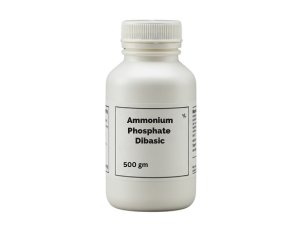
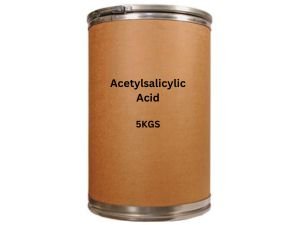
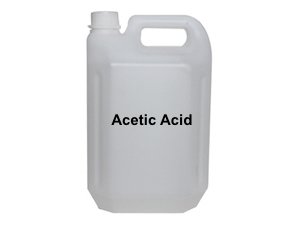
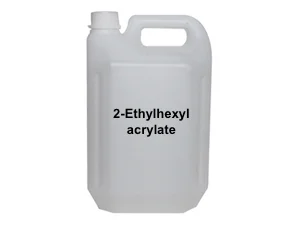
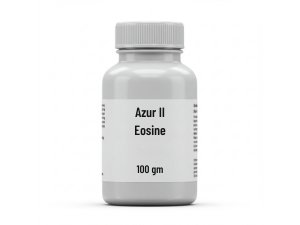

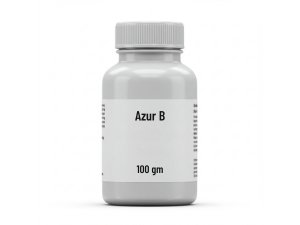
Reviews
There are no reviews yet.